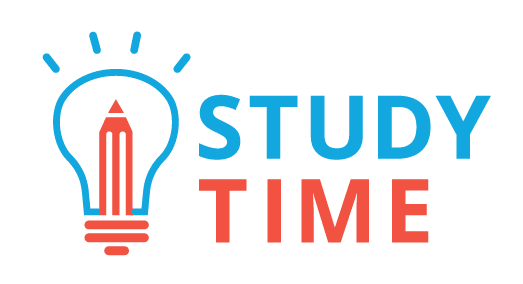Why do so many students not do as well in exams as they anticipate? It’s often because they confuse recognition for recall.
WHAT’S THE DIFFERENCE?
Could you draw an accurate map of the United States? Probably not. But would you recognise what country it was if you saw a map of it? Probably! That’s the difference.
Recognition is a shallower form of memory – there’s heaps of things information and concepts that we will recognise if we open a textbook and look at our notes.
Recall is a deeper form of memory, and requires us to reach deeper into our memory and recall very specific information and detail. We recognised all those concepts in our notes earlier – but can we recall those concepts, sentence by sentence, right here, right now, without looking at our notes?
That’s the difference between recognition and recall. Exams with written answers rely on recall, rather than recognition. The thing that trips up most students is that they recognise most concepts, but aren’t able to recall them on-demand – something that you need to do to succeed in an exam.
WHAT CAN BE DONE ABOUT IT?
- When doing past exams, make sure you do them under exam conditions – that means no notes, no marking guide, no cellphone or computer while doing the past exam. Only go over the exam with the marking guide after you’ve finished the past paper.
- The other thing to do is use flash cards – make a set of flashcards (should we make a seperate video on the practices for making flash cards) and when you test yourself against them, put the ones you got right in one pile, and the ones you didn’t in another. The most important thing here is to be honest with yourself.

0 Comments